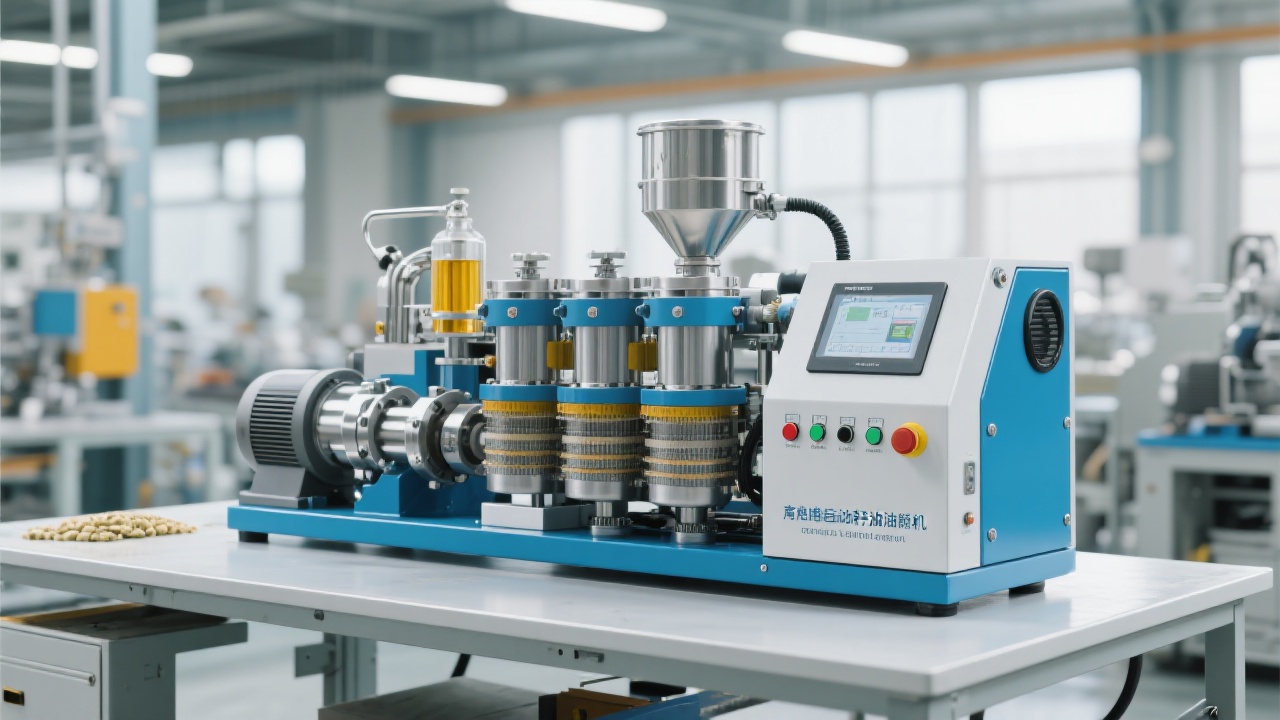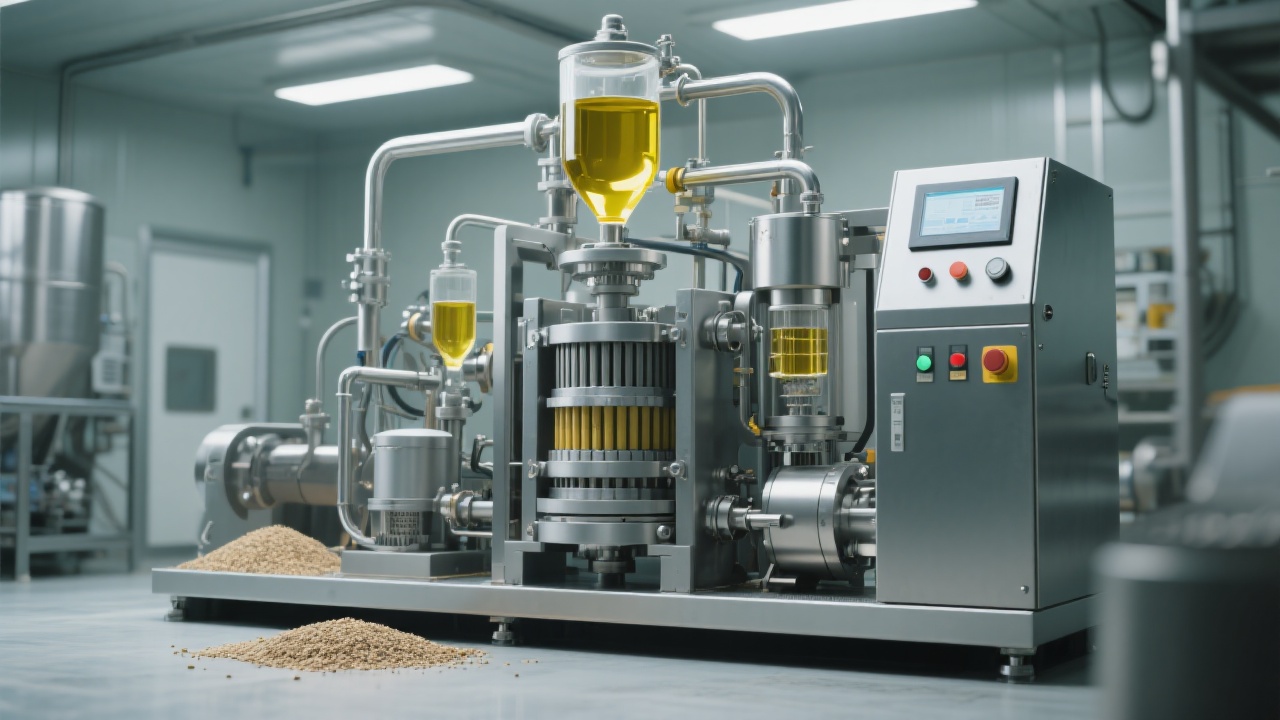
When it comes to exporting sunflower oil, quality isn’t just a label—it’s a promise. In global markets from Germany to the UAE, buyers increasingly demand oils that are not only safe but also rich in nutrients like vitamin E and omega-6 fatty acids. This makes the extraction method critical—and here’s where physical cold-pressing shines over solvent extraction.
According to industry data from the International Oleochemical Society (IOS), physically pressed sunflower oil retains up to 92% of its natural vitamin E content, while solvent-extracted versions typically preserve only 60–70%. Why? Because cold pressing avoids high heat and chemical solvents—key factors that degrade delicate compounds.
| Extraction Method | Vitamin E Retention | Unsaturated Fat Preservation | Solvent Residue Risk |
|---|---|---|---|
| Physical Cold Pressing | ~92% | High | None |
| Solvent Extraction | ~65% | Moderate | Possible (if not fully removed) |
For small-to-mid-scale producers aiming to meet international standards, here’s what works:
A case study from a Polish exporter shows how switching from hexane-based extraction to mechanical cold pressing increased their export orders by 40% within six months. “Buyers want transparency,” says Anna Kowalska, R&D Lead at OmegaPure Foods. “They don’t just ask about purity—they ask about how we get it.”

If you’re targeting health-conscious segments in Europe or North America, emphasize these three points in your product descriptions:
These aren’t buzzwords—they’re measurable benefits that resonate with B2B buyers who prioritize both safety and nutrition.

Ready to take your sunflower oil to global markets with confidence?
Download our step-by-step guide to achieving premium-grade sunflower oil that meets international buyer expectations.
Download Now →
